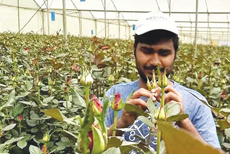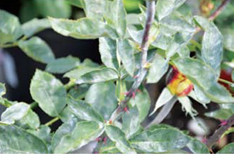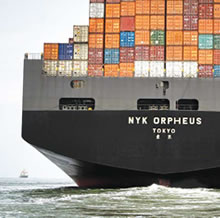 By Mary Mwende Mbithi
By Mary Mwende Mbithi
South Africa’s founding father, Nelson Mandela, once said, ‘Remember to celebrate milestones as you prepare for the road ahead…’ and indeed Porini Premium Flowers has every reason to celebrate as they mark a Decade since the start of operations!
The Inception
Ten years ago, in the peripheral region of Olenguruone, Molo in Nakuru County, what began as a noble idea was ultimately propelled into a reality. The inception of Porini Premium Flowers was a beautiful milestone for the founders of Isinya Roses Ltd, which by then was ten years old having started in the year 2001.
Porini, a Swahili word that means ‘wild,’ became the little sister to Isinya roses. And just like the wild flowers, ‘You must allow yourself to grow in all places people thought you never would;’ Porini Premium Flowers has continued to bloom in all aspects, bringing a new face to the flower industry. Last year, Porini turned a decade old, her sister farm Isinya Roses turned two decades old.


 Intercontinental ocean shipping of agricultural products is considered more carbon and cost efficient and may provide more flexibility compared to air freight. The Kenyan government is actively supporting sea freight so that Kenya remains competitive in the global market. Although sea transport is already common practice for some Kenyan fruit (avocado, pineapple), for flower export, this option is still poorly explored.
Intercontinental ocean shipping of agricultural products is considered more carbon and cost efficient and may provide more flexibility compared to air freight. The Kenyan government is actively supporting sea freight so that Kenya remains competitive in the global market. Although sea transport is already common practice for some Kenyan fruit (avocado, pineapple), for flower export, this option is still poorly explored.